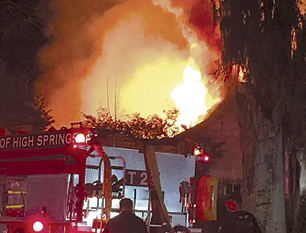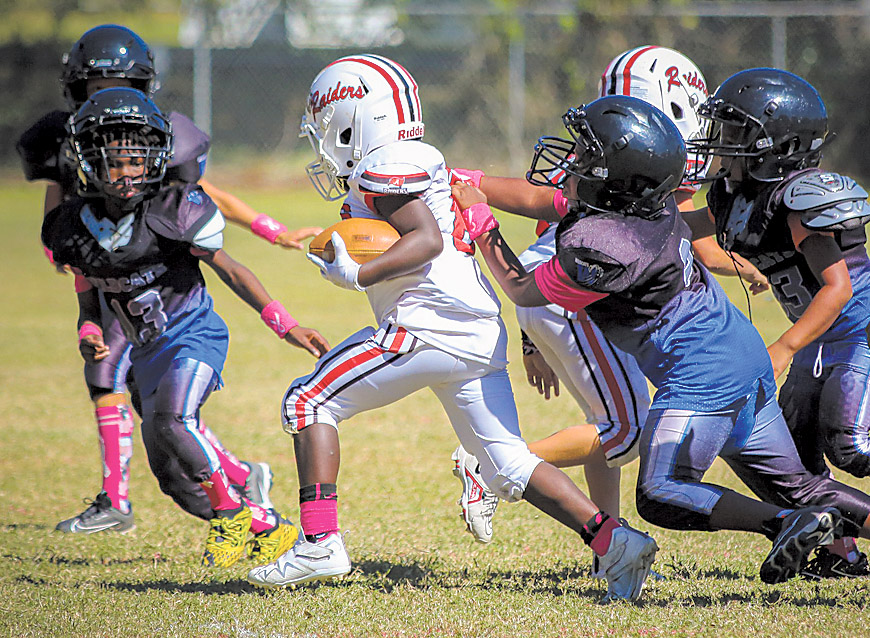ALACHUA – The world and our lifestyles are facing serious changes due to the Corona virus (COVID-19). In multiple countries, social interaction, events and businesses are shutting down to avoid spreading the virus. Other countries have locked down their borders, allowing no travel.
In Italy, by March 17, 2020, there have been over 31,506 cases and 2,500 dead for a mortality rate approaching 9 percent. Hospitals are so overwhelmed they are triaging patients, focusing on ones that can be saved. Although COVID-19 originated in China, it has had an extended infection time, and there are 88,081 cases and a slightly lower mortality rate with 3,226. Unlike the rest of the world, China claims the infection rate is slowing and they are gaining control of the situation. While there have been more fatal epidemics such as SARS at 10 percent, MERS at 34 percent and Ebola at 50 percent, they were limited both in geographic scope and transmission rates.
In the U.S., the situation has evolved into a full-blown effort to limit the spread. But with the rate of infection doubling every two to four days, hospitals face being overwhelmed, without the equipment or bed space to handle the numbers of seriously ill patients. The economy is fragile, and for many people, there is the prospect of being unable to work or pay bills.
The Centers for Disease Control and Prevention (CDC) has recommended canceling or postponing all groups over 10 people including restaurants, stores and bars. Sports and entertainment events have all been canceled, as well as St. Patrick’s Day parades. While some people may panic by overstocking up on supplies and going into seclusion, the pace of infection makes it a reality that groups spread it faster.
The federal government is constantly revising its appraisal of the situation, trying to keep up with the spreading pandemic. The rapid spread has led to numerous revisions in government and CDC recommendations. Initially there were very few tests available and it took a week to produce one million for a population of 331 million. Production has now increased and the U.S. has begun accepting testing kits from other countries.
Initial guidance was to avoid groups over 250 and practice “social distancing” by keeping six feet away from others. Within days that was revised to groups of 50, and then on March 16, it was further reduced to groups of 10. This has impacts on many aspects of daily lives other than just health. It brings much of the economy to a standstill, and puts a lot of people, especially in food and drink services, entertainment and small businesses unable to work due to closures. This invisible virus is reshaping lives and affecting everyone, not just the sick.
A 55-year-old man from Hubei province in China may have been the first person to have contracted COVID-19, the disease caused by the new coronavirus spreading across the globe. That case dates back to Nov. 17, 2019. That's a month earlier than doctors noted cases in Wuhan, China, which is in Hubei province, at the middle of December 2019. By January it had spread to other countries across the globe, with some countries like South Korea, Iran and Italy being hit especially hard. As of March 17, 2020, there were 146 countries with verified cases for a worldwide total of 197,313 and 7,950 deaths. But the disease is growing exponentially, and the totals rise every hour.
The first known U.S. coronavirus case was announced on Jan. 21, 2020 in Washington state, but the pace of diagnosis has quickened significantly in recent weeks, and accelerated most dramatically in just the past few days. At the start of this month, 70 cases had been reported in the United States, most of them tied to overseas travel. As of March 17, there were 5,981 cases, surging up from 4,252 cases just the day before, and 99 have been fatal. Florida has not yet been hit as hard as some other states like Washington, California and New York. As of March 17, there were 173 confirmed cases and six deaths in Florida.
The symptoms of infection with COVID-19 are usually a respiratory illness with fever, cough and difficulty breathing. The disease can be fatal, especially for those over 65 or people with other medical issues. COVID-19 can be spread from spray from coughing and sneezing and through close personal contact, such as shaking hands, according to the CDC. Coronaviruses can also be spread by touching an object or surface with the virus on it and then touching eyes, mouth or nose. The virus can exist on metal surfaces for several days.
While there is no vaccine currently available for COVID-19, health experts have made several recommendations to lessen the chance of catching the virus. The easiest is washing hands regularly with soap and water for at least 20 seconds. If soap and water are not available, use hand sanitizer that is at least 60 percent alcohol. Avoid touching your eyes, nose and mouth with unwashed hands. Avoid close contact with people who are sick. Clean and disinfect frequently touched objects and surfaces. Cover your nose and mouth with a tissue when you sneeze or cough. Throw the tissue in the trash and wash your hands afterward. Stay home when you are sick so you do not infect others.
Currently, not everyone can get a test as there are several requirements for getting a test since as kits are limited. According to Roger Dolz of the Alachua County Health Department, the individual has to meet the criteria of having been overseas recently or show symptoms such as a dry cough, fever and shortness of breath. Dolz also stressed that they take samples not the actual determination of infection.
The time between exposure to the COVID-19 virus and onset of symptoms is called the “incubation period.” The incubation period for COVID-19 is typically 2 - 14 days, although in some cases it may be longer. Anyone who feels they have the virus should call their local health care provider to verify and arrange a sample testing either at their office or through an independent diagnostic lab. If they do not have a doctor or health care provider, they can contact the Alachua County Health Department for directions on where to go.
Once the sample is taken it is sent to one of three state labs or to an independent commercial test lab. Results usually come back in 24 -48 hours. If it shows positive, then it is sent to the CDC for confirmation.
Anyone who feels they have it should avoid contact with others and notify the health provider prior to going in, so the medical staff can take precautions with the patient. The Alachua County Health Department has set up a phone number specifically to answer questions on the COVID-19 pandemic and available testing. They can be reached at 352-225-4181.
# # #
Email rcarson@
alachuatoday.com
COVID-19 Changing the World
Tools
Typography
- Font Size
- Default
- Reading Mode


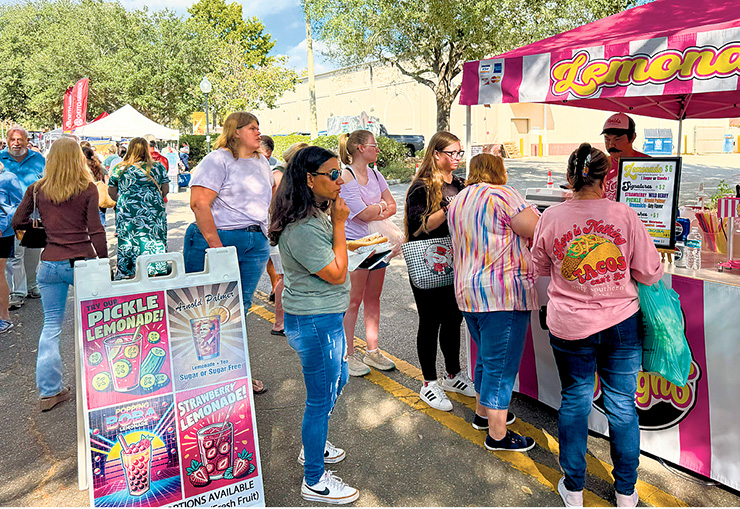
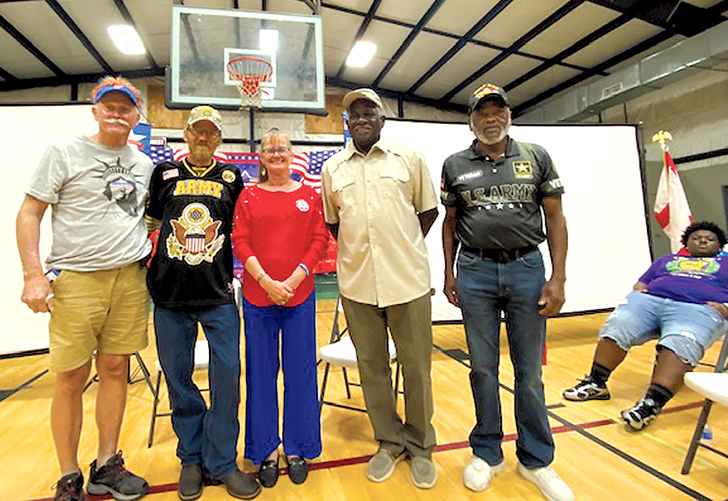
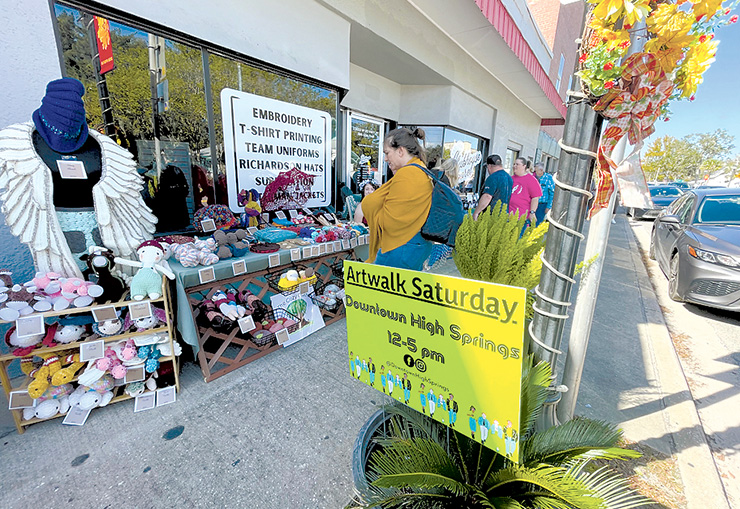
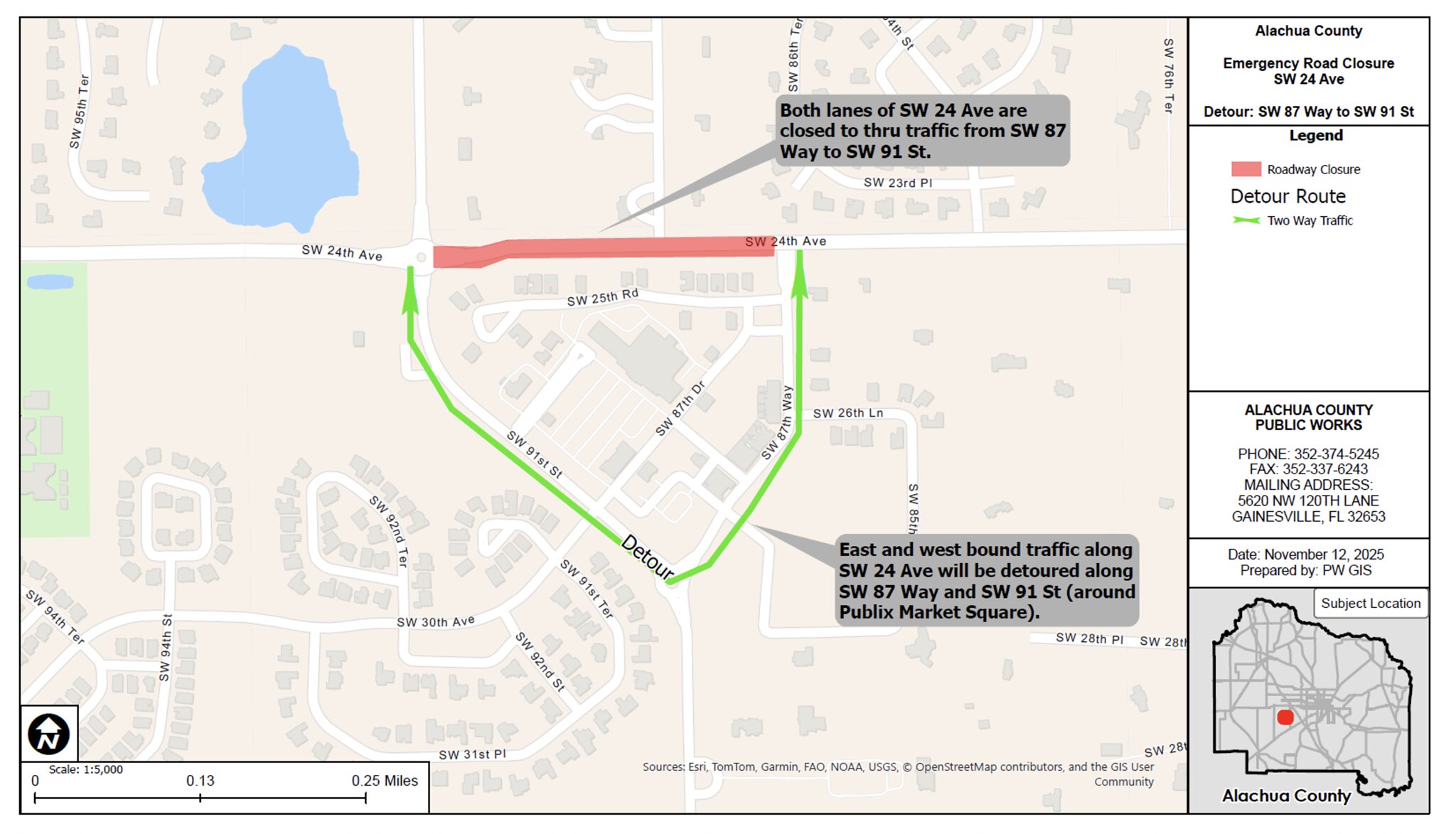

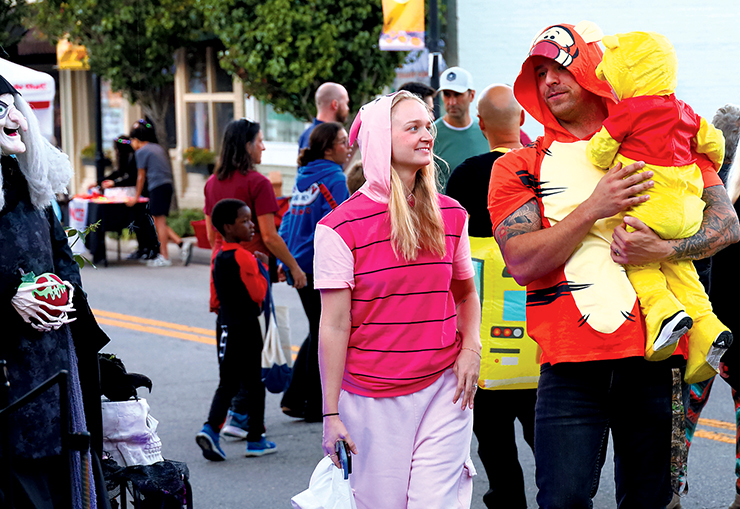
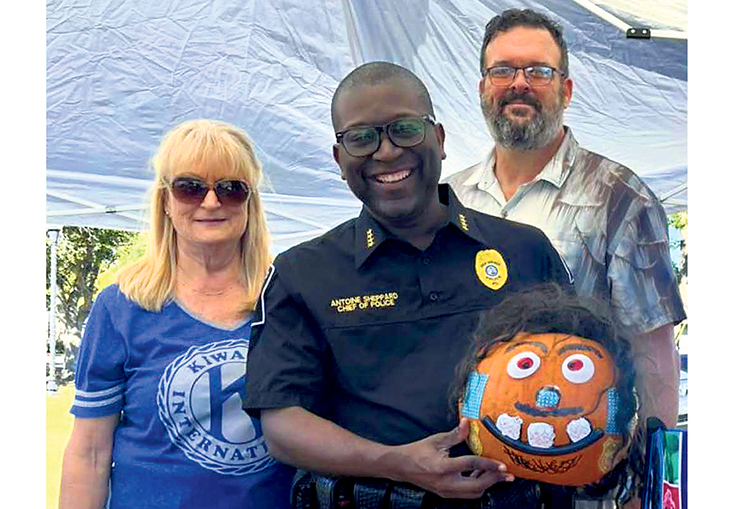



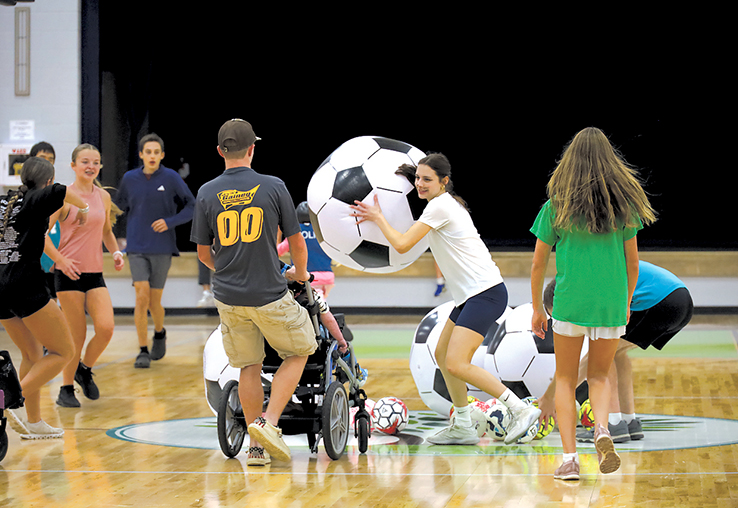

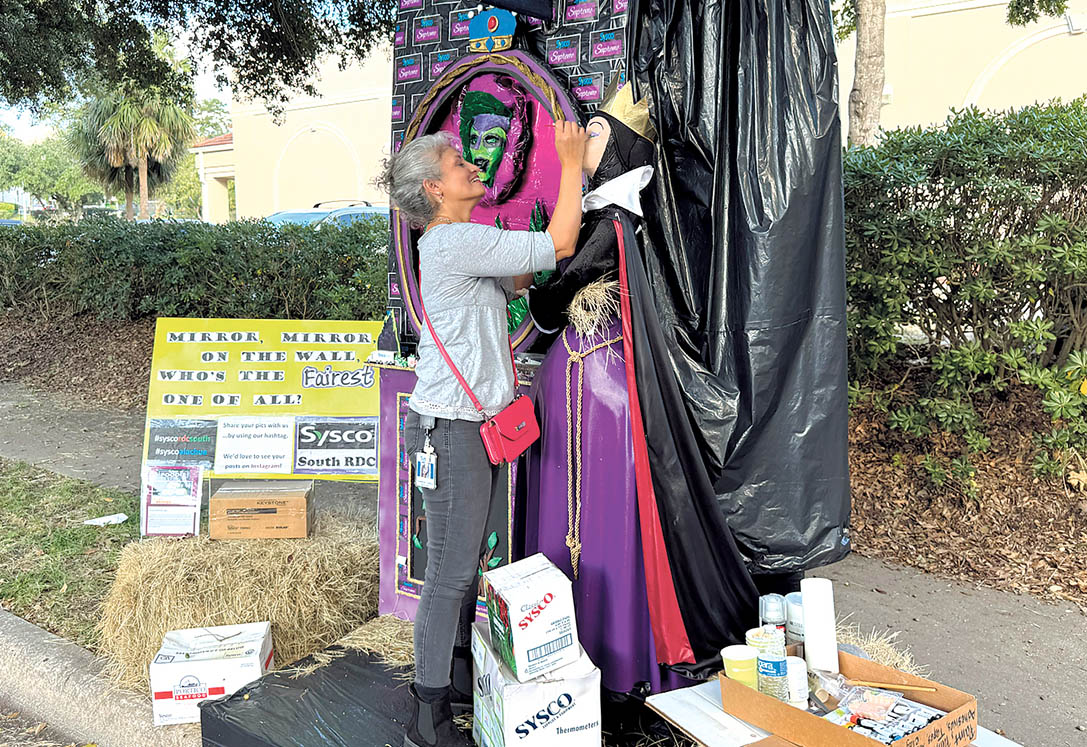
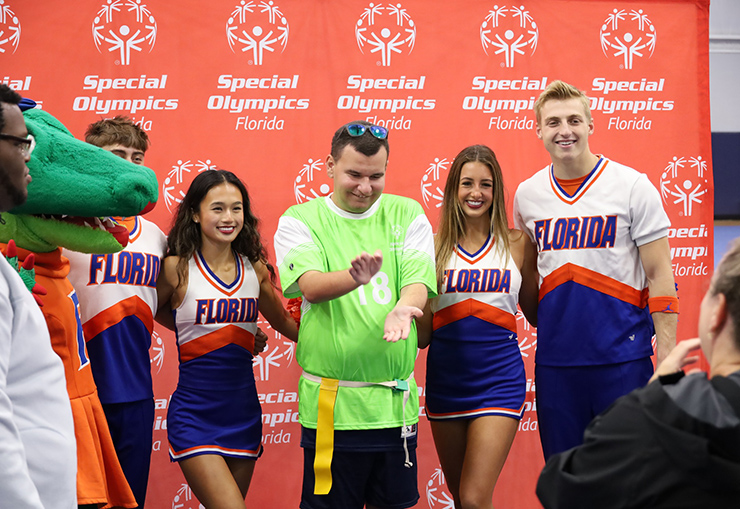
 Everyone taking prescription medications should be aware of essential safety practices. Here are six tips to help ensure you are taking your medicine correctly and safely:
Everyone taking prescription medications should be aware of essential safety practices. Here are six tips to help ensure you are taking your medicine correctly and safely:
